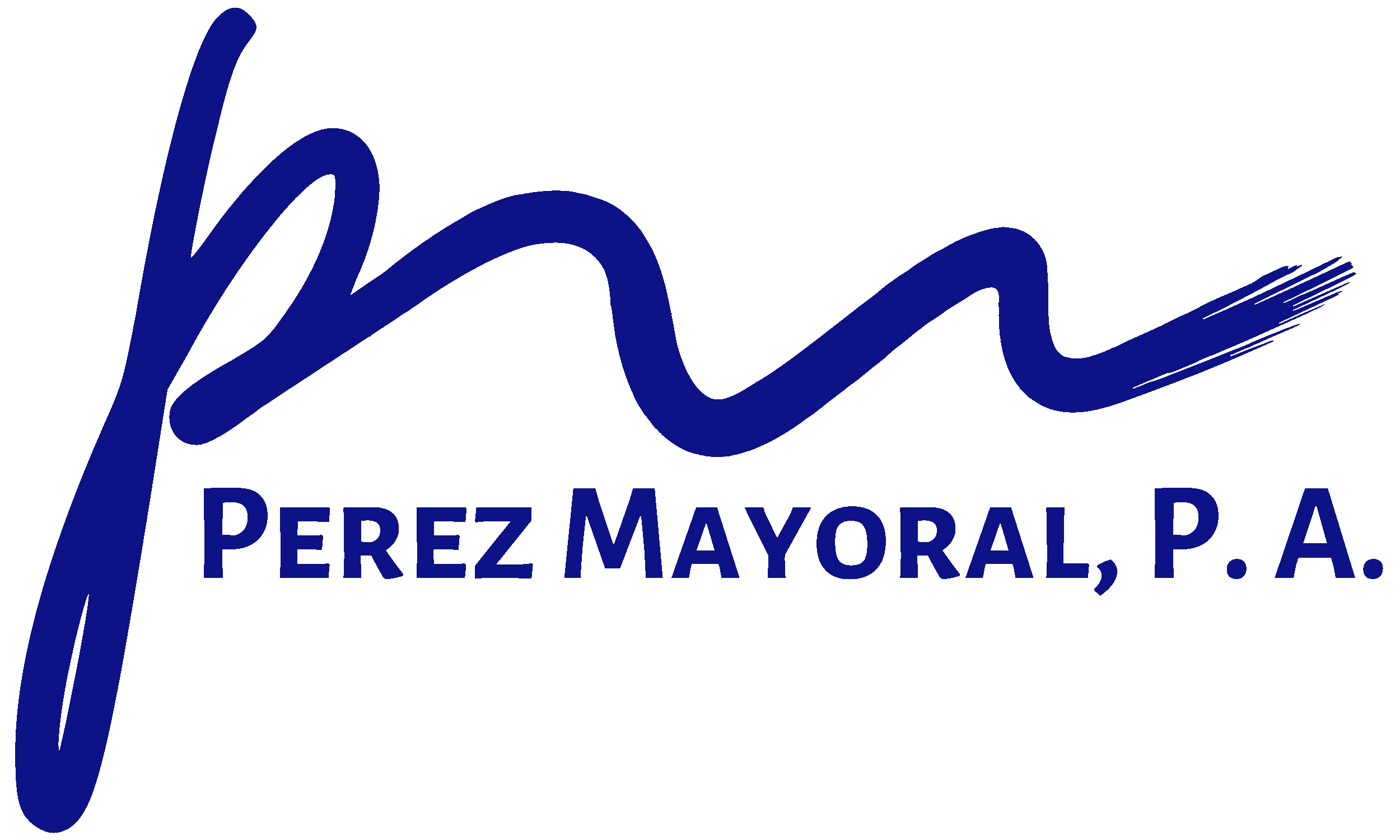At Perez Mayoral, P.A., we have the knowledge and experience to address the unique challenges faced by condo owners. Disagreements between community members can be extremely stressful, and our Fort Lauderdale property attorney becomes an invaluable ally. Particularly when dealing with HOA disputes, our representation can mean the difference between swift resolution and prolonged tension. We are dedicated to standing by your side, safeguarding your rights, and helping you maintain a harmonious living environment. Don’t face challenges alone, contact us today.
Fort Lauderdale Condominium Legal Services
From the prestigious developments along Galt Ocean Mile to the waterfront condominiums lining Las Olas Boulevard, Fort Lauderdale’s condominium landscape reflects the city’s evolution as South Florida’s premier coastal destination. As your Fort Lauderdale condo lawyer, we serve a community where luxury oceanfront towers, intimate waterway developments, and downtown high-rises create a sophisticated urban seaside lifestyle. Our firm understands the layers of Fort Lauderdale’s condominium market, where properties range from established beachfront communities to newly developed luxury residences along the Intracoastal Waterway. Working with a dedicated condo attorney in Fort Lauderdale ensures your interests are protected in this dynamic market, where historic properties and modern developments each present unique challenges under Florida Statute Chapter 718 and local regulations that shape our city’s distinctive condominium communities.
Table Of Contents
- Professional Legal Assistance For Condo Owners
- Handling Disputes With Neighbors
- Condo Renovation Insights
- Fort Lauderdale Condo Infographic
- Fort Lauderdale Condo Statistics
- Condo Law FAQs
- Perez Mayoral, P.A., Fort Lauderdale Condo Attorney
- Contact Our Firm Today
- How A Condo Attorney Can Help With Your Purchase Of A Condo
- Condo Glossary
Your Rights As A Condo Owner
Condominium ownership can be both rewarding and challenging. When you own a condo, you not only have a private space but also share common areas with neighbors. This balance grants you specific rights, such as a voice in homeowners’ association (HOA) decisions, access to community amenities, and transparent communication about any rule changes or fees. Yet, like any neighborhood, conflicts can pop up. Whether it’s a disagreement with the board or a dispute with a neighbor, our Fort Lauderdale, FL condo attorney at Perez Mayoral, P.A. is an essential ally. Reach out to us when you’re ready to discuss your situation.
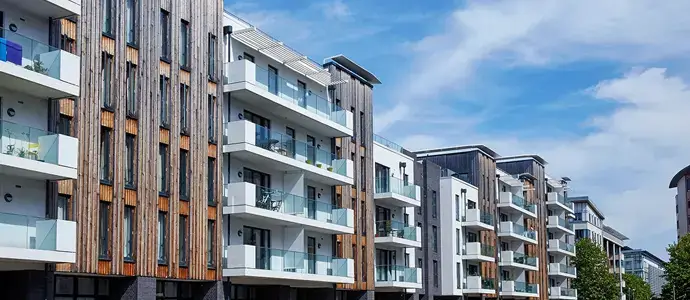
Dispute Resolution And Litigation
Dispute resolution and litigation are two avenues for addressing conflicts, each with its own merits and nuances. Dispute resolution, which often includes mediation and arbitration, seeks to provide parties with a platform to come to an agreement outside the courtroom. It’s typically quicker, less confrontational, and can save on costs. However, when resolutions aren’t reached through these means, litigation becomes the pathway. Here, issues are presented before a judge in a formal court setting. While this method can be more time-consuming and costly, it provides a definitive judgment backed by legal protocols. Both avenues require adept legal guidance to navigate effectively.
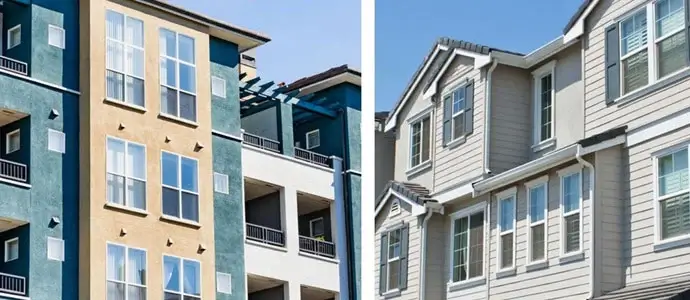
Assessment And Fee Disputes
Assessment and fee disputes are common challenges in many communities, particularly where shared amenities and responsibilities exist. These disputes arise when homeowners disagree with the imposed fees or the manner in which they are calculated. Often, the crux of the contention is a perceived lack of transparency or fairness in the distribution of these charges. It’s essential for parties on both sides to understand their rights and obligations clearly. Seeking mediation can provide a neutral ground to discuss concerns and find resolutions. However, if an amicable solution remains elusive, legal intervention might become necessary. In these scenarios, it’s crucial to have informed legal representation to ensure a just outcome.

Insurance Claims And Disputes
Navigating the maze of insurance claims can feel like stepping into a world of fine print and nuances. Especially with property matters, it’s not uncommon to face disagreements on damage evaluations or coverage specifics. Here’s the deal: insurance companies have their experts, and so should you. With so much on the line, it’s prudent to have someone in your corner who knows the ins and outs so that your claim doesn’t get lost in translation. Enlisting our Florida condo attorney can be a game-changer. We know how to demystify the policy jargon, make sure you’re not being shortchanged, and stand up for your rights.
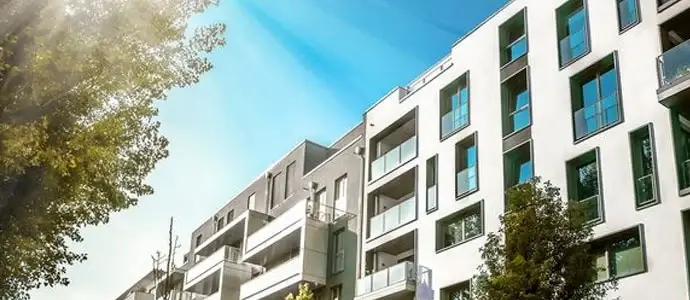
Legal Solutions With Perez Mayoral, P.A.
Reading and interpreting property documents and insurance claims can feel like trudging through quicksand. What you really need is a guiding hand to pull you onto solid ground—that’s where Perez Mayoral, P.A. can help. Our trusted Fort Lauderdale condo lawyer offers a blend of real estate and HOA experience along with genuine care for each and every client. With us on your side, you’re not just wading through legal jargon and paperwork, you’re moving forward with confidence. Our Florida firm understands your concerns and is dedicated to addressing them. It’s about making complex issues feel a little more manageable. Call us today to learn more about how we can assist you.
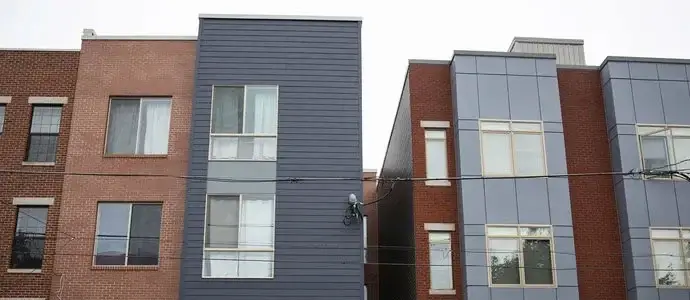
Handling Disputes With Neighbors
When living in a condo, disputes with neighbors can sometimes arise, often relating to noise, pets, or use of common areas. It’s important for condo owners to handle these disputes effectively, balancing assertiveness with diplomacy. Our experienced Florida HOA and condominium lawyers at Perez Mayoral, P.A. have a deep understanding of the nuances in these situations and advise our clients on the best approaches to resolve such conflicts amicably, while protecting their rights.
Dealing With Legal Disputes
If a dispute escalates to a legal issue, having our knowledgeable condo attorneys by your side can make all the difference. Whether it’s a disagreement over property boundaries, common area usage, or condo association decisions, legal guidance is key. We provide our clients with comprehensive legal support, from negotiating resolutions to representing them in court if necessary.
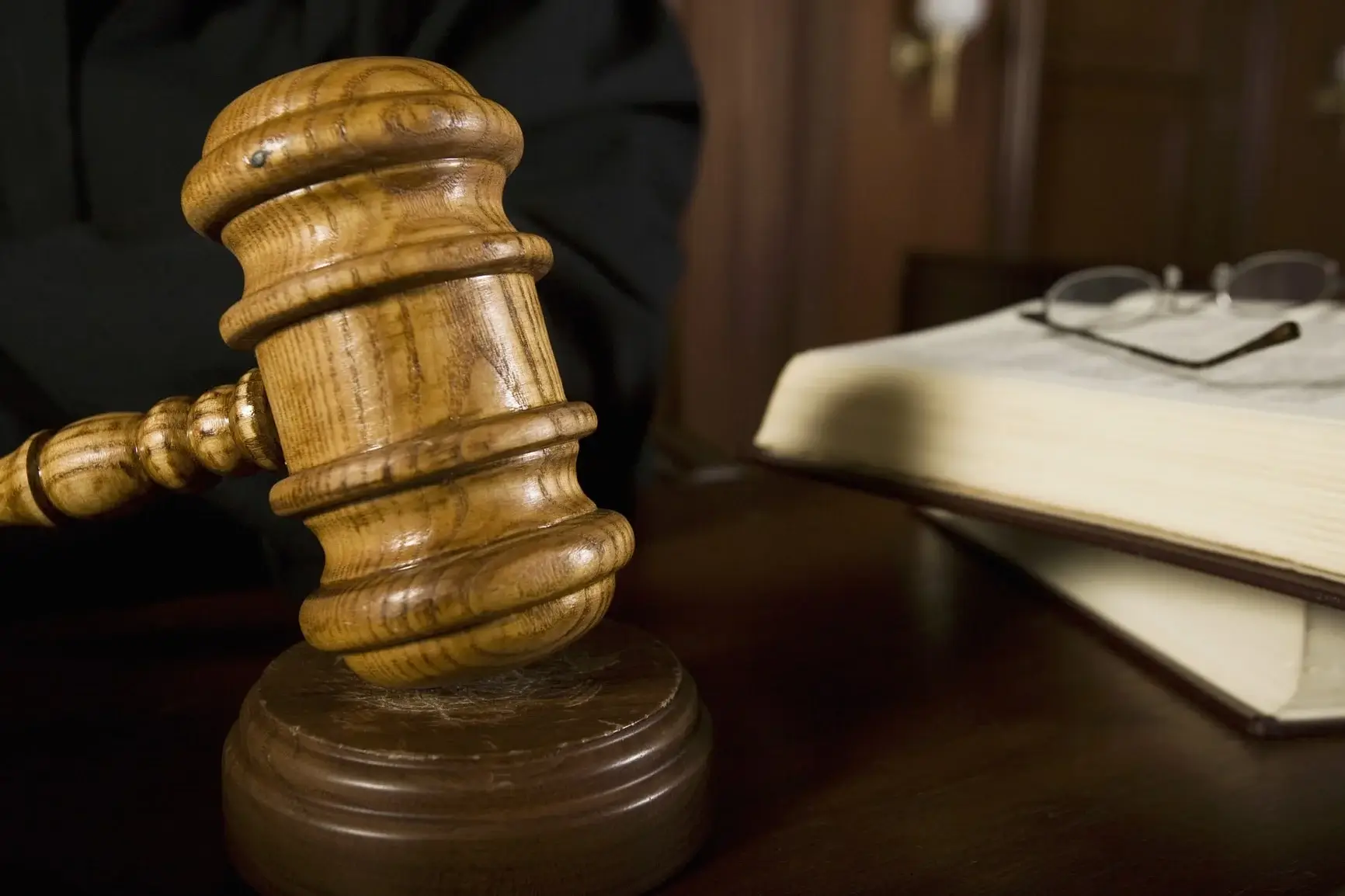
Reviewing The Status Certificate
A crucial step for anyone purchasing a condo is to thoroughly review the status certificate. This document provides vital information about the financial and legal health of the condo complex, including any ongoing disputes or potential liabilities. Our Fort Lauderdale condominium attorneys help our clients interpret these certificates to ensure they are making informed decisions about their investment. Understanding the status certificate can offer insights into how disputes are managed in the condo and set expectations accordingly.
Understanding The Reserve Fund
This fund is essential for covering major repairs and upkeep of the condo complex. A well-funded reserve indicates a well-managed property, reducing the risk of unexpected expenses in the future. Our lawyers guide our clients in evaluating the health of the reserve fund, which can also be an indicator of how the condo association manages conflicts and large-scale projects.

Preparing For A Condo Purchase
For those considering a condo purchase, understanding the legal landscape is vital. This includes being aware of how disputes are managed, the financial health of the condo association, and the specific rules and regulations of the complex. Our role as your legal representation includes preparing our clients for all these aspects, ensuring a smooth and informed purchase process.

Condo Renovation Insights
Embarking on a condo renovation project can be an exciting endeavor, but it’s crucial for homeowners to be aware of the legal considerations that come with it. At Perez Mayoral, P.A., we understand the importance of informed decisions. Explore the following key legal considerations every homeowner should know before renovating their condo.
- Review Condo Association Bylaws
Before starting any renovation, thoroughly review your condo association bylaws. These documents often outline specific rules and restrictions related to renovations and other property matters. Ensuring compliance is essential to avoid legal issues.
- Obtain Necessary Permits
Check with local authorities to determine the permits required for your renovation project. Failure to secure the appropriate permits can lead to fines and delays, impacting both your timeline and budget.
- Understand Common Area Boundaries
Clearly understand the boundaries of your unit and common areas. Renovations that impact common elements or neighboring units may require approval from the condo association and adherence to specific guidelines.
- Notify The Condo Association
Keep your condo association in the loop about your renovation plans. Some associations require pre-approval for renovations, and timely communication can prevent potential conflicts.

- Hire Licensed Contractors
When selecting contractors for your renovation, make sure they are licensed and insured. Working with reputable professionals not only ensures quality work but also mitigates potential liability issues.
- Consider Noise And Timing
Be mindful of noise regulations and time restrictions for renovations. Respect your neighbors by scheduling work during acceptable hours outlined in the condo association rules.
- Document The Renovation Process
Keep thorough documentation of the entire renovation process, including contracts, permits, and communications with the condo association. These records can be valuable in case of disputes or legal issues. These documents are also crucial for your attorney to review if it gets to the point where legal action needs to be taken.
- Budget for Unforeseen Circumstances
Set aside a contingency budget for unforeseen circumstances or changes to the renovation plan. This can help avoid financial strain and delays if unexpected issues arise.

- Comply With Accessibility Standards
Ensure that your renovations comply with accessibility standards, especially if you are modifying common areas or adding features that impact accessibility for residents with disabilities.
- Inspect The Final Work
Conduct a final inspection of the completed renovation to ensure it aligns with the approved plans. Address any discrepancies promptly to avoid potential legal complications.

Fort Lauderdale Condo Infographic
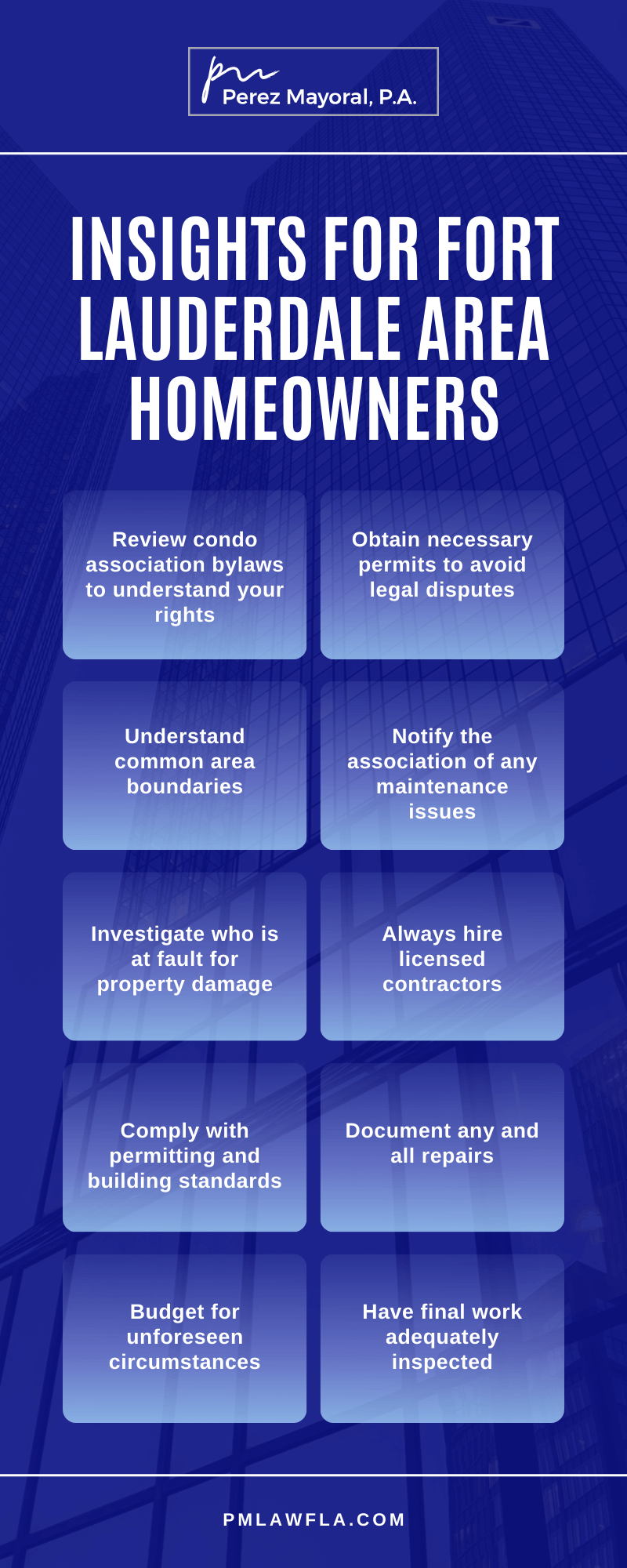
Fort Lauderdale Condo Law Statistics
According to market data statistics, in one year, almost 15 percent of all property litigation in the state of Florida involve condominium and homeowners’ associations. The Southern District of Florida has the highest number of real estate lawsuits filed, averaging approximately 350 per year.
These statistics emphasize the importance of working with a condo association attorney if you find yourself dealing with issues involving your association.
Condo Law FAQs
At Perez Mayoral, P.A., we understand the unique legal needs of condo owners in Florida. With a solid understanding of the local property laws and a commitment to our clients, our Florida condo attorneys are well-equipped to guide you through the legal aspects of condo ownership.
What Are The Differences Between Owning A Condo And Owning A House?
Owning a condo differs significantly from owning a house. In a condo, you own your individual unit but share ownership of common areas like pools, gyms, and lounges with other residents. These areas are maintained by an HOA, which imposes certain rules and fees. In contrast, owning a house means complete ownership of both the structure and the land, along with the responsibility for all maintenance and repairs. Condo living offers a community environment and less personal maintenance responsibility, but with more collective rules and regulations.

What Are My Rights As A Condo Owner?
As a condo owner in Florida, you have the right to participate in HOA meetings, access common areas, and vote on community matters. You’re entitled to transparency regarding the HOA’s financial decisions and have the right to review association records. Additionally, you can contest assessments or decisions that seem unfair or inconsistent with the condo’s governing documents or state laws. However, these rights are balanced with the responsibility to adhere to community rules and pay regular HOA fees.
What Insurance Is Required For Condos?
Insurance for condos in Florida typically involves a combination of a master policy, held by the HOA, and personal condo insurance. The master policy covers exterior damages and common areas, while your personal policy, often referred to as HO-6 insurance, is responsible for your unit’s interiors, personal property, and liability coverage. It’s key to understand the scope of the master policy to ensure adequate personal coverage.

How Does Selling A Condo Differ From Selling A Traditional Home?
Selling a condo involves unique considerations compared to a traditional home. You must adhere to the rules set by the condo association, which can include restrictions on buyer eligibility or the selling process. Disclosure requirements may also differ, as you’ll need to provide information about the HOA’s financial health and rules. Additionally, the market for condos can be influenced by factors different from those affecting single-family homes, like the health of the condo association and amenities offered.
How Do Special Assessments Work?
Special assessments are fees charged by the condo association in addition to regular dues, typically levied for significant repairs or improvements not covered by the reserve fund. These can be imposed when unexpected expenses arise or when planned projects exceed the association’s current budget. As a condo owner, you are legally obligated to pay these assessments, which can vary in frequency and amount.
Contact Our Firm Today
You deserve a harmonious living experience. At Perez Mayoral, P.A., our team of Fort Lauderdale condo attorneys goes beyond just legal representation; we aim to empower you with knowledge and support. If you have more specific questions or need personalized guidance, don’t hesitate to reach out to us. We are here to help you understand the complexities of condo ownership with confidence and ease.
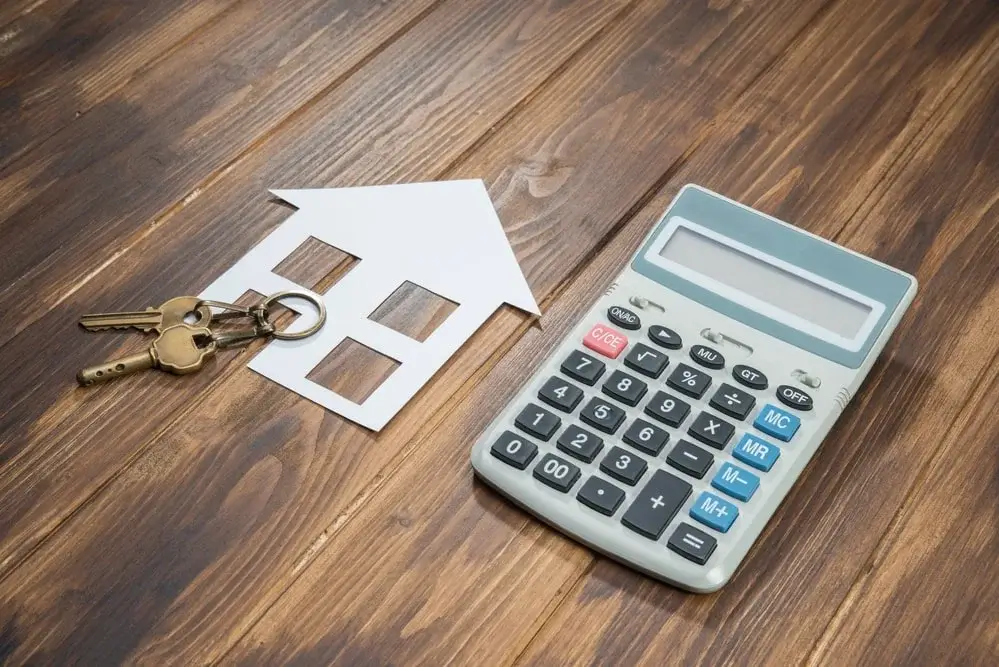
How A Condo Attorney Can Help With Your Purchase Of A Condo
Our Florida HOA lawyers know that buying a condo can be a significant investment, and the process often involves more than just signing a purchase agreement. Having a condo attorney involved can make sure that every detail is addressed, helping avoid potential problems that could impact your ownership. We are a bilingual law firm and care about getting you the legal help you need. Below, we’ve outlined how working with a condo attorney can assist throughout the process and protect your interests.
- Reviewing And Negotiating The Purchase Agreement. The purchase agreement is a critical document that outlines the terms of your condo purchase, including the price, closing date, and any contingencies. An attorney can carefully review the contract to ensure the terms align with your expectations and protect your rights. If needed, we can also negotiate changes to the agreement to prevent unfavorable terms from slipping through.
- Examining The Condo Association Documents. When purchasing a condo, you become part of an HOA and must comply with its rules and bylaws. Your condo attorney can review the HOA’s documents to identify any restrictions, fees, or rules that could affect your ownership or lifestyle. We’ll make sure you fully understand the financial obligations tied to the property, including assessments and reserves.

- Addressing Title Issues. Our condo attorney in Fort Lauderdale knows that clear ownership of the property is essential, and any title issues could delay or jeopardize the closing. A condo attorney will conduct a title search to uncover any potential liens, disputes, or claims against the property. If any problems arise, we can help resolve them before they interfere with the purchase, ensuring that you receive clean and undisputed ownership.
- Reviewing Closing Documents. The closing process involves signing several legal documents, including loan agreements, the deed, and closing statements. These documents can contain technical language, and any mistakes could lead to costly issues down the line. We will review all closing paperwork to make sure it is accurate and in order before you sign, so you know exactly what you’re agreeing to.
- Protecting Your Investment After The Purchase. A condo attorney doesn’t just help with the purchase; we can also provide support if issues arise after you’ve taken ownership. Whether it’s a dispute with the HOA, a problem with the seller’s disclosures, or a breach of contract, having legal representation makes it easier to address problems efficiently. We can also assist with amendments to your deed or other property documents if changes are needed in the future.
At Perez Mayoral, P.A., we know how important it is for everything to go smoothly when buying a condo. From reviewing contracts to guiding you through closing procedures, we work to make sure your interests are protected every step of the way. We have multiple locations throughout Florida to make assisting you easier. If you’re preparing to purchase a condo, reach out to our real estate law firm today to learn how we can assist you in securing your investment and addressing any challenges that come your way.
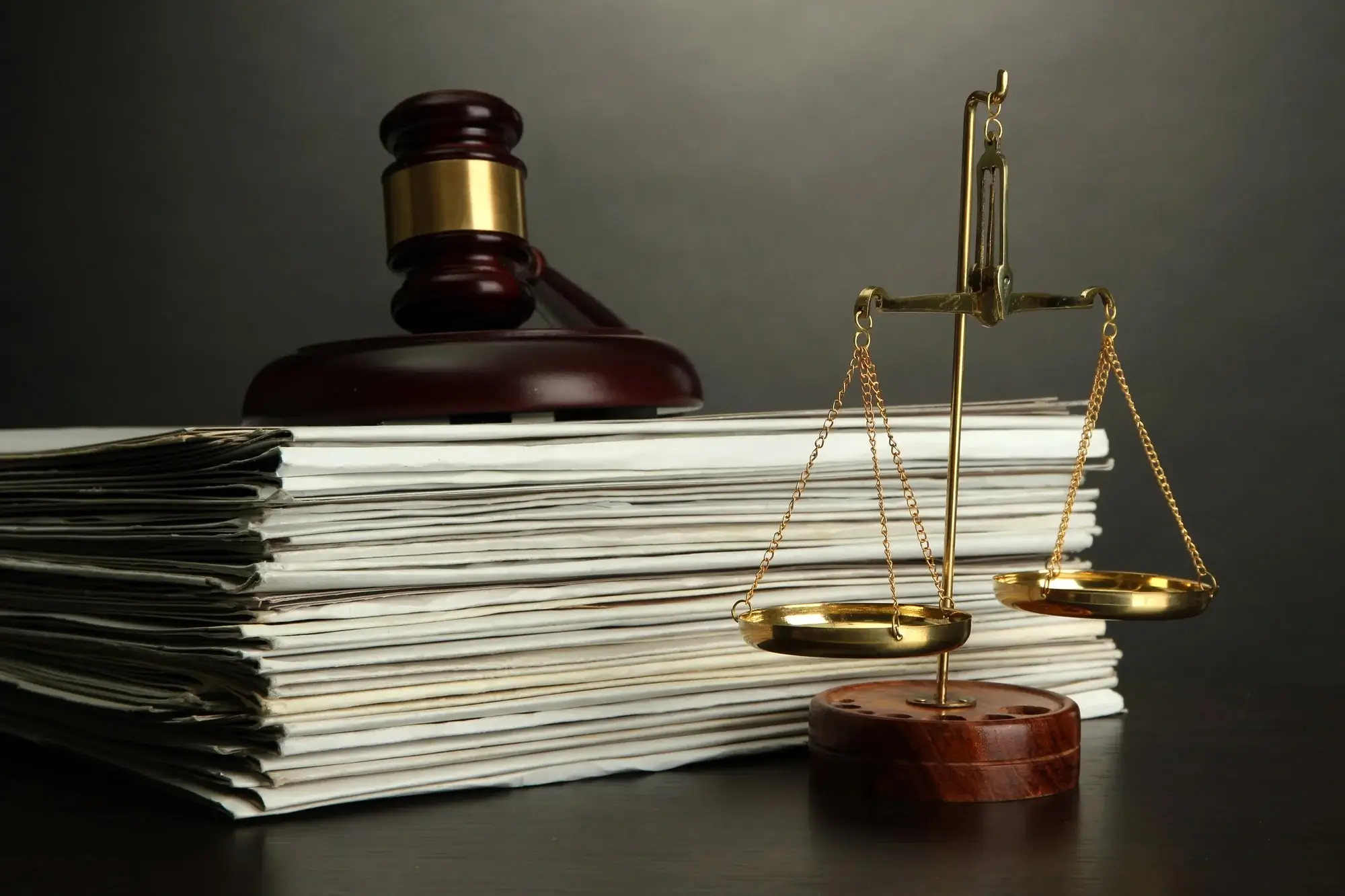
Condo Glossary
Condominium ownership comes with unique legal considerations that can significantly impact buyers, sellers, and current owners. If you’re seeking guidance from our real estate lawyers, understanding these key terms will help you make informed decisions. Below, we’ve outlined critical concepts commonly encountered in condominium law.
Homeowners Association
A homeowners’ association (HOA) is a governing entity tasked with managing the operations, maintenance, and overall administration of a condominium or residential community. It oversees the enforcement of community rules, known as covenants, conditions, and restrictions (CC&Rs), which residents must adhere to. HOAs also manage shared amenities like pools, gyms, and landscaping. To fund these responsibilities, the HOA collects regular dues from unit owners. Failure to comply with HOA policies or pay dues may result in fines, legal action, or restrictions on property use.
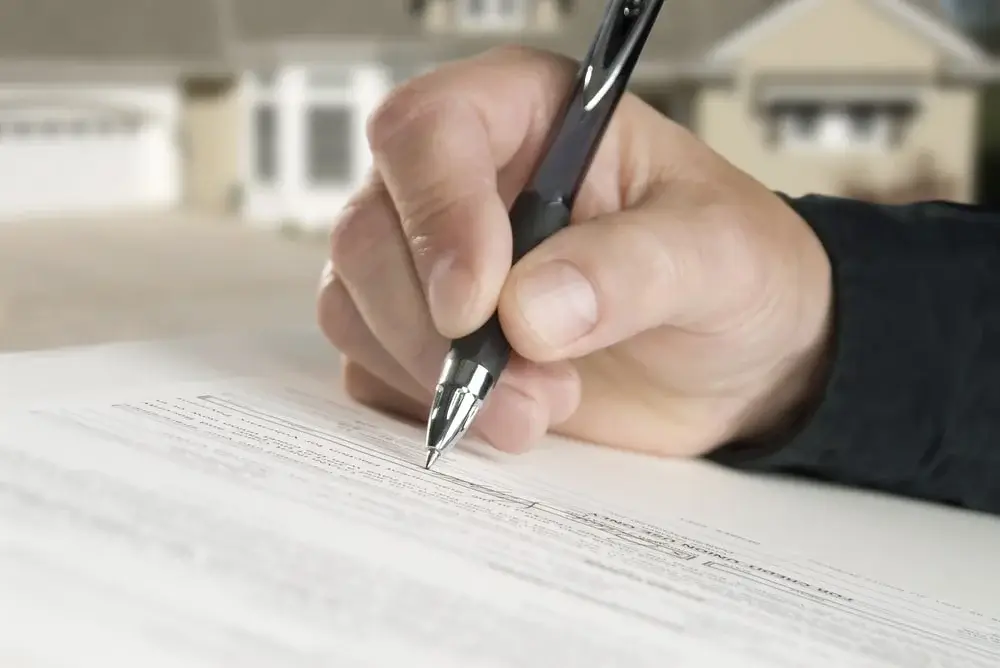
Special Assessments
Special assessments are additional fees levied by the HOA when unexpected expenses arise that cannot be covered by the association’s reserve fund. These assessments typically address large-scale projects, such as repairing structural damage, updating outdated infrastructure, or remediating storm-related damage. Special assessments are not optional; condo owners are legally bound to contribute based on the terms of the condominium declaration. The imposition of special assessments can significantly affect owners’ finances, making it essential to evaluate potential costs before purchasing a condo.
Status Certificate
A status certificate provides a snapshot of a condominium association’s financial and legal standing. This document outlines the current fees, the reserve fund balance, any pending lawsuits involving the condo, and whether the seller owes unpaid dues. Prospective buyers should request and carefully review the status certificate before committing to a purchase, as it provides transparency about potential liabilities. This document ensures buyers are aware of any outstanding obligations or risks associated with the property.

Reserve Fund
A reserve fund acts as a financial safety net for a condominium association. It is a dedicated savings account used to finance significant repairs, maintenance, and upgrades to shared areas, such as roofs, elevators, and parking lots. A well-funded reserve fund indicates sound financial management and reduces the likelihood of imposing special assessments. Prospective condo buyers should assess the health of the reserve fund to anticipate future financial demands and avoid unexpected expenses after purchase.
Dispute Resolution And Litigation
Disputes often arise in condominium communities, whether between unit owners, the HOA, or third parties like contractors. Dispute resolution refers to alternative methods of addressing disagreements without going to court, such as mediation or arbitration. These processes are generally faster and less adversarial than formal litigation. However, if a resolution cannot be reached, litigation becomes necessary. This involves presenting the issue in court, where a judge determines the outcome. Legal disputes require careful analysis and preparation to protect your rights and interests effectively.
When legal challenges arise in condominium ownership, having a knowledgeable team by your side makes a difference. At Perez Mayoral, P.A., we assist Florida property owners with all aspects of condo law, providing straightforward advice and solutions. Contact us today to schedule a consultation and learn how we can help.

"*" indicates required fields
Perez Mayoral, P.A. combines the powerful and diversified services of a large law firm with the personal attention of a boutique practice. Get in touch with us for a consultation. Whatever your legal problem, we will be happy to discuss your options and provide you with the professional help you need.
